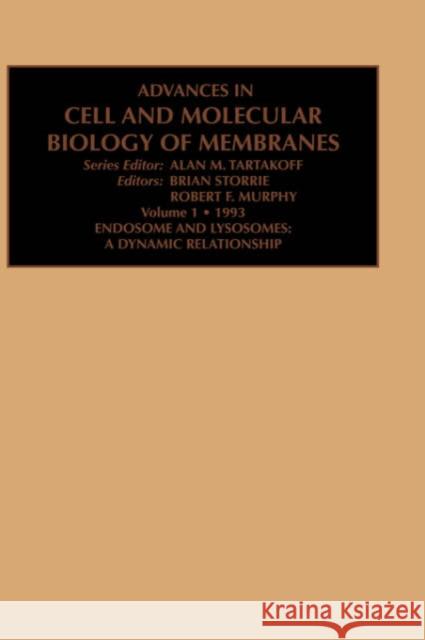Endosomes and Lysosomes: A Dynamic Relationship: Volume 1 » książka
Endosomes and Lysosomes: A Dynamic Relationship: Volume 1
ISBN-13: 9781559383622 / Angielski / Twarda / 1993 / 448 str.
The intent in initiating this volume was to bring together a series of essays which would define our present understanding of the endosome and lysosome and their interrelationship. The editors deliberately encouraged the contributors to be speculative; to strive to put order to the -real- world of incomplete and sometimes conflicting data. Seeing science from the laboratory bench can often be like viewing an impressionistic painting from up close; a series of paint dabs with no apparent order. The contributors to this volume were asked to step back and leave the reader with a sense of the whole as well as the detail. To the extent that this has happened, the credit should go to the individual authors.
Our understanding of endosomes and lysosomes has undergone a molecular revolution over the last decade. Hence, we now know much about the molecular features required for internalization of an endocytic receptor, or the function of mannose 6-phosphate receptors in the transport of lysosomal enzymes. We can trace and follow the flow of molecules. In this volume current molecular knowledge concerning the function and relationship of endosomes and lysosomes is presented. Because of this vast increase in knowledge of molecules, we have realized that endosomes in particular are very ephemeral organelles. In fact, endosomes may well not be discrete entities but rather continuously changing and evolving in their molecular composition. The dynamic nature of the relationship between endosomes and lysosomes is the unifying focus of the genetic, biochemical, microscopic, and molecular biological approaches described in the chapters which follow.











